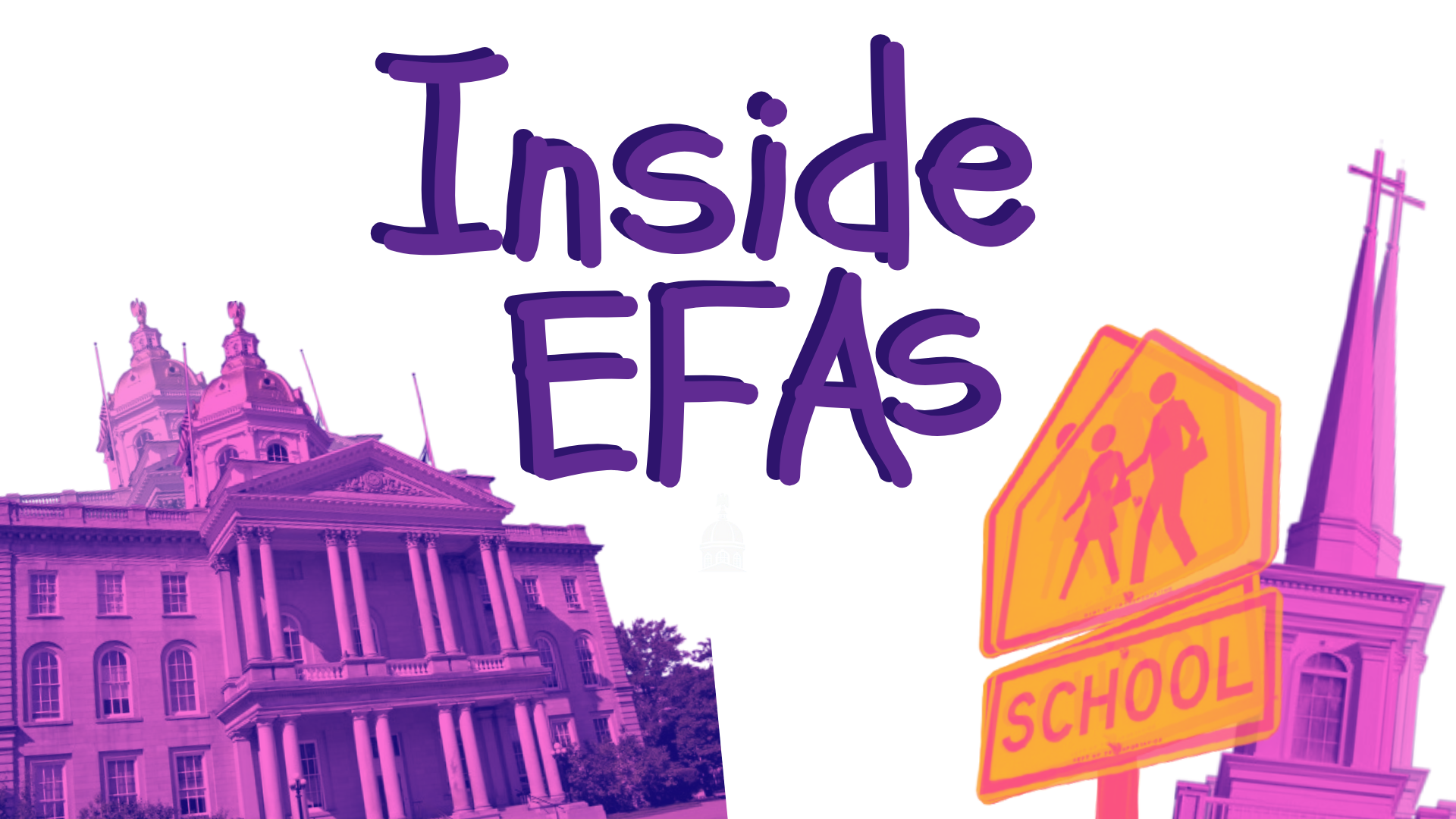
A series about New Hampshire's Education Freedom Account program
Over the last four years, New Hampshire's school choice program has become one of the most controversial education topics in the state.
As lawmakers consider a significant expansion to that program this spring, we sought out answers to many lingering questions.
Inside EFAs is an investigative series from the Monitor that relies on data and interviews with more than 20 EFA recipients and others involved in the program to examine the program from a variety of angles.
We have reported on where EFA money is being spent, how the program affects recipients, what the ramifications are for public education in New Hampshire and more.
This series is ongoing. Have questions or comments? Reach out to Jeremy Margolis at [email protected] or on Signal at jmargolis.64.
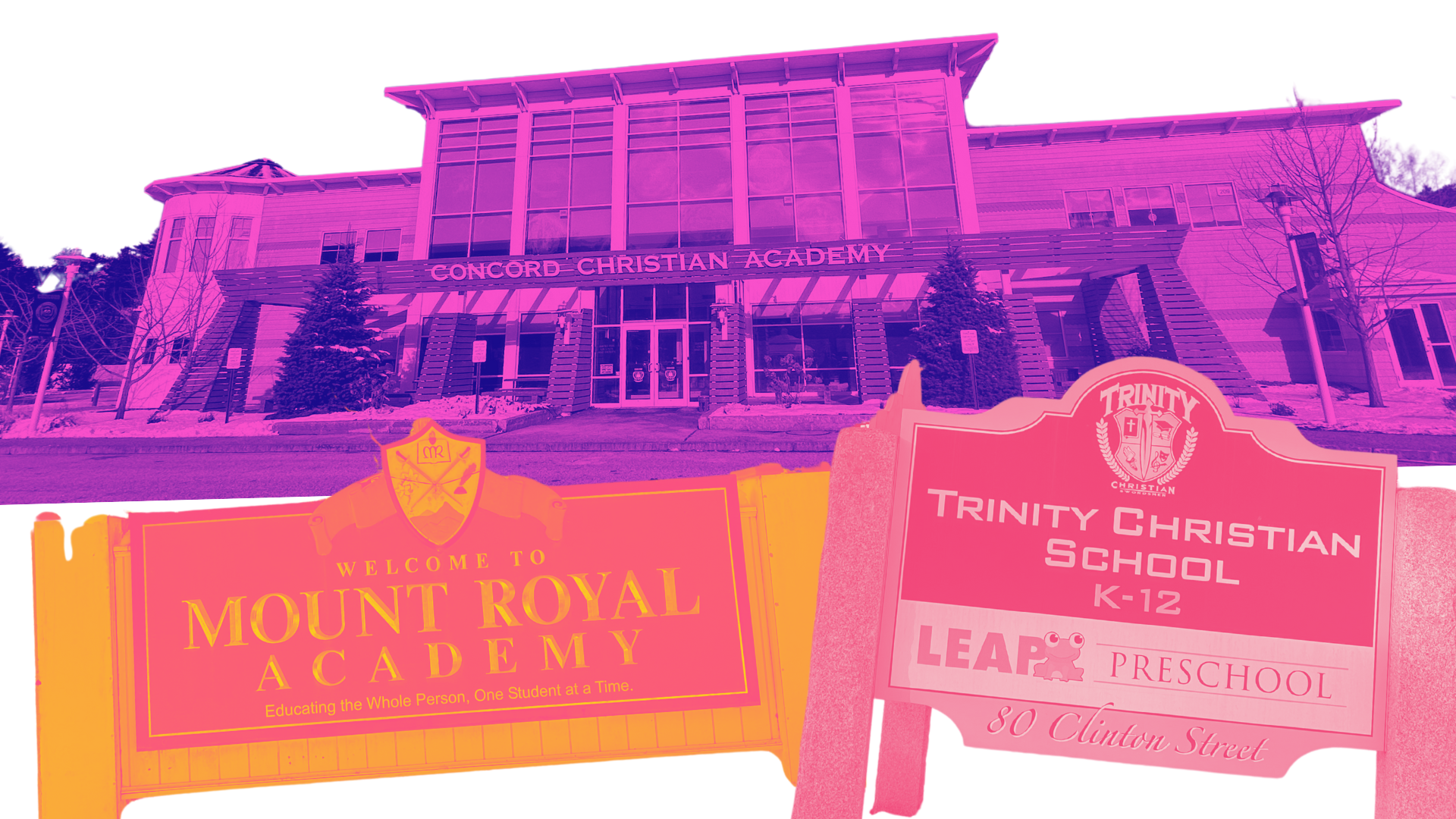
The vast majority of money from New Hampshire’s four-year-old school voucher program goes to a relatively small set of Christian-affiliated schools, a Monitor analysis found.
Nearly 90% of tuition dollars from the Education Freedom Account program — which lower-income families can allocate to any approved private school or homeschooling expense — was spent on religious education. And a quarter of all tuition dollars was paid to just five schools, the analysis found.
Navigate through the searchable database below for more information. Click here to read the Monitor's reporting.
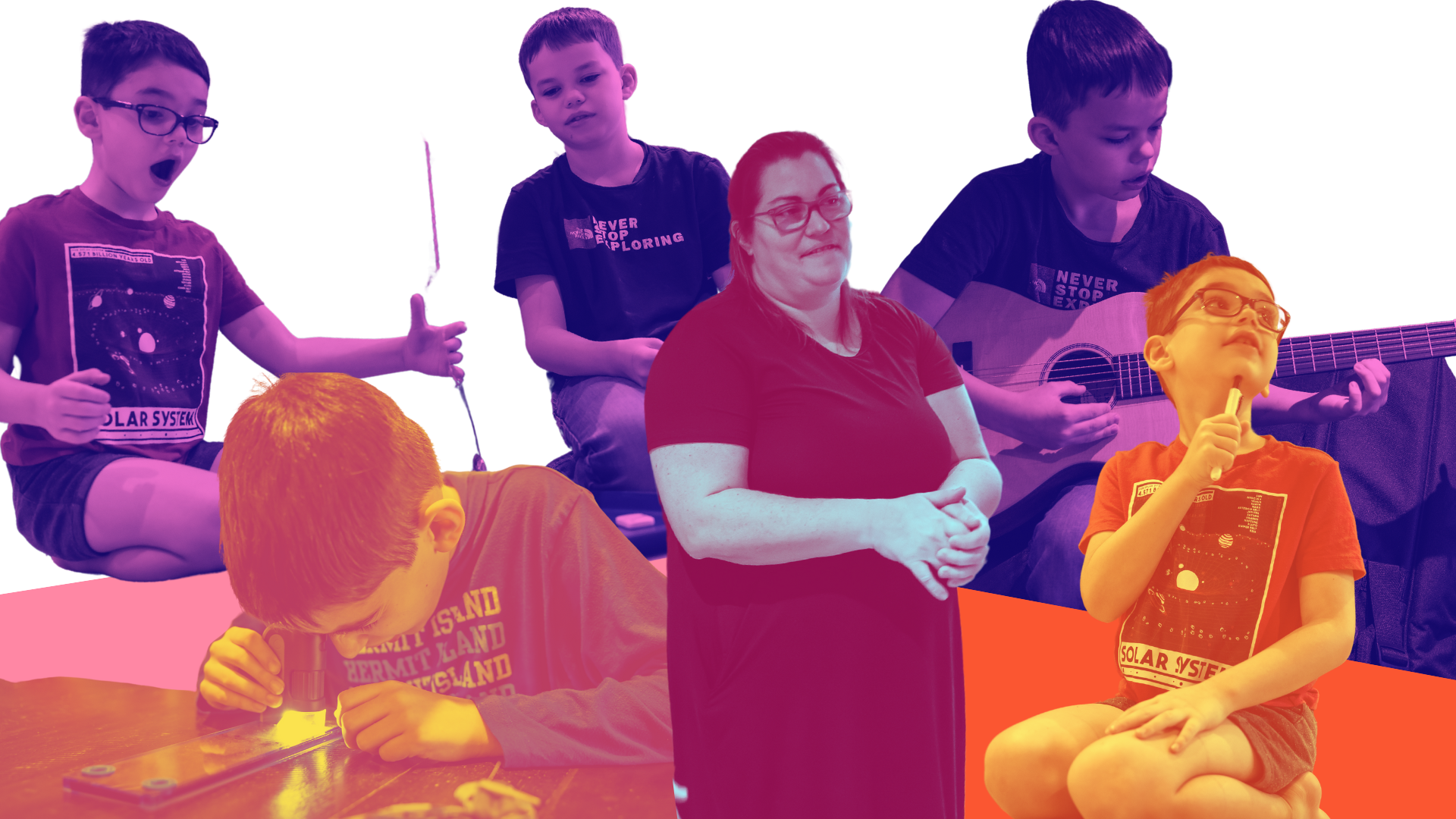
An analysis of available financial data revealed that the EFA program grants families extraordinarily wide latitude over how to spend the average of $5,204 per child they receive.
In 2022-23, families spent $520,000 – or about one-seventh of all money that did not go to private schools – on activities that are typically considered extra-curricular, including $46,000 at area ski mountains, $35,000 at martial arts schools, and $16,000 at equestrian facilities.
“New Hampshire has absolutely joined the list of the most permissive states in terms of what taxpayer dollars can be spent on,” said Michigan State University professor Josh Cowen, a national expert on school choice programs who reviewed the Monitor’s findings.
Navigate through the searchable database below for more information. Click here to read the Monitor's reporting.
If recent estimates by dueling policy organizations are to be taken at face value, removing income eligibility requirements for participation in New Hampshire’s Education Freedom Account program could cost the state as little as $6 million or as much as $102 million.
That massive range prompted the Monitor to take a closer look at how the two organizations – the right-leaning Josiah Bartlett Center for Public Policy and the left-leaning Reaching Higher NH – arrived at their numbers.
Since it launched four years ago, the Education Freedom Account program has generated significant controversy across the state, but nowhere have the arguments been as explosive and as personal as among New Hampshire’s thousands of homeschoolers.
The program — originally designed to support lower-income families like MacQuarries family, who have decided to take education into their own hands — has divided a community that used to be known above all else for its radical kindness and generosity, interviews with half a dozen people on both sides of the split revealed.
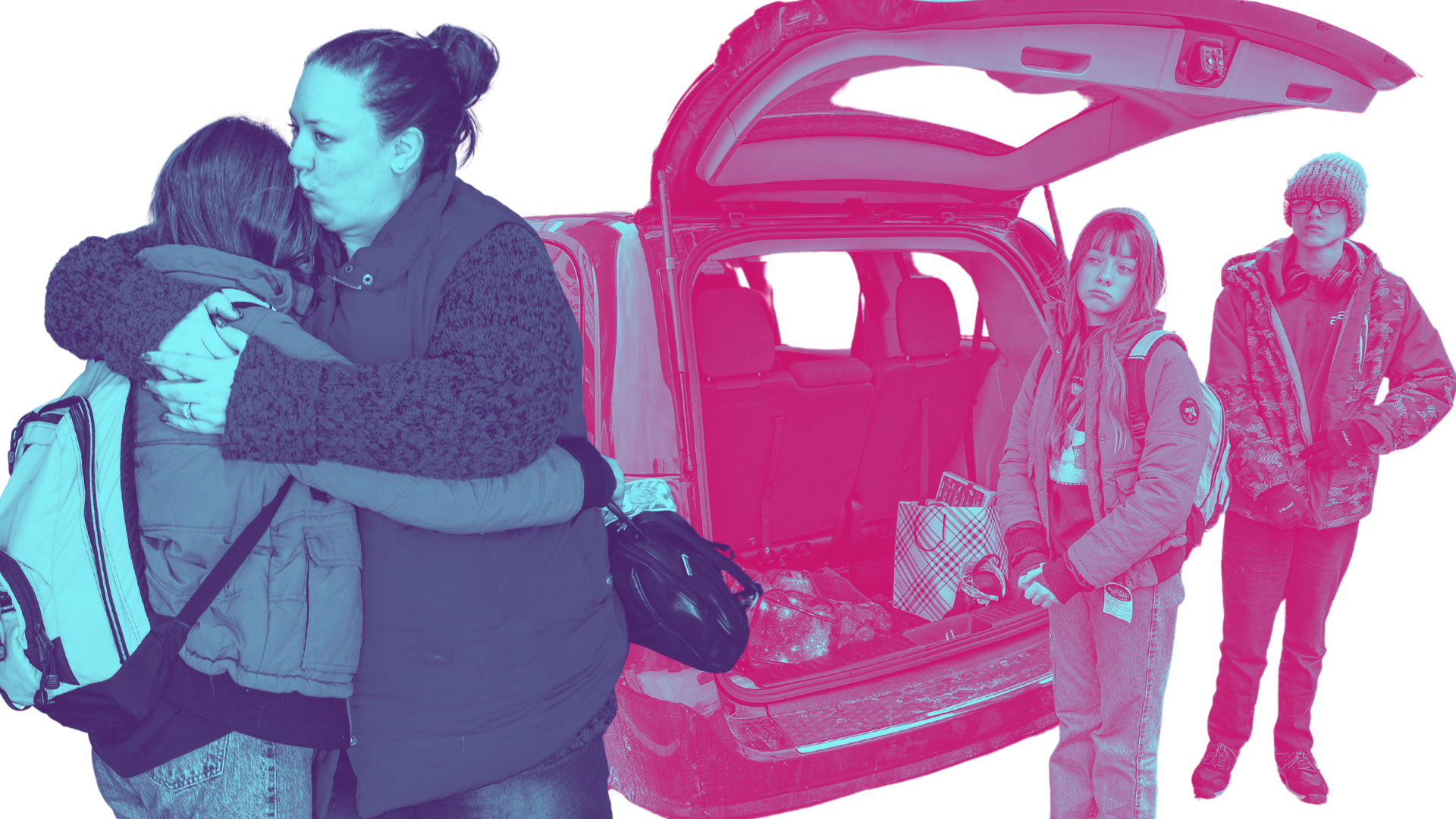
By most measures, Laconia Christian’s recent expansion would be striking.
The school's kindergarten through 12th grade enrollment has grown a staggering 44% over the last four years – from 95 students in 2021 to 137 this school year. In addition to leading the school to combine grade levels, this increase has forced administrators, including Head of School Rick Duba, into makeshift offices in former storage rooms.
In the world of Christian education in New Hampshire, it is relatively modest.
In the four years since New Hampshire launched a school voucher program, 11 of the 28 Christian schools in the state have either newly opened or grown by at least 50%, a Concord Monitor analysis of state enrollment data found.
